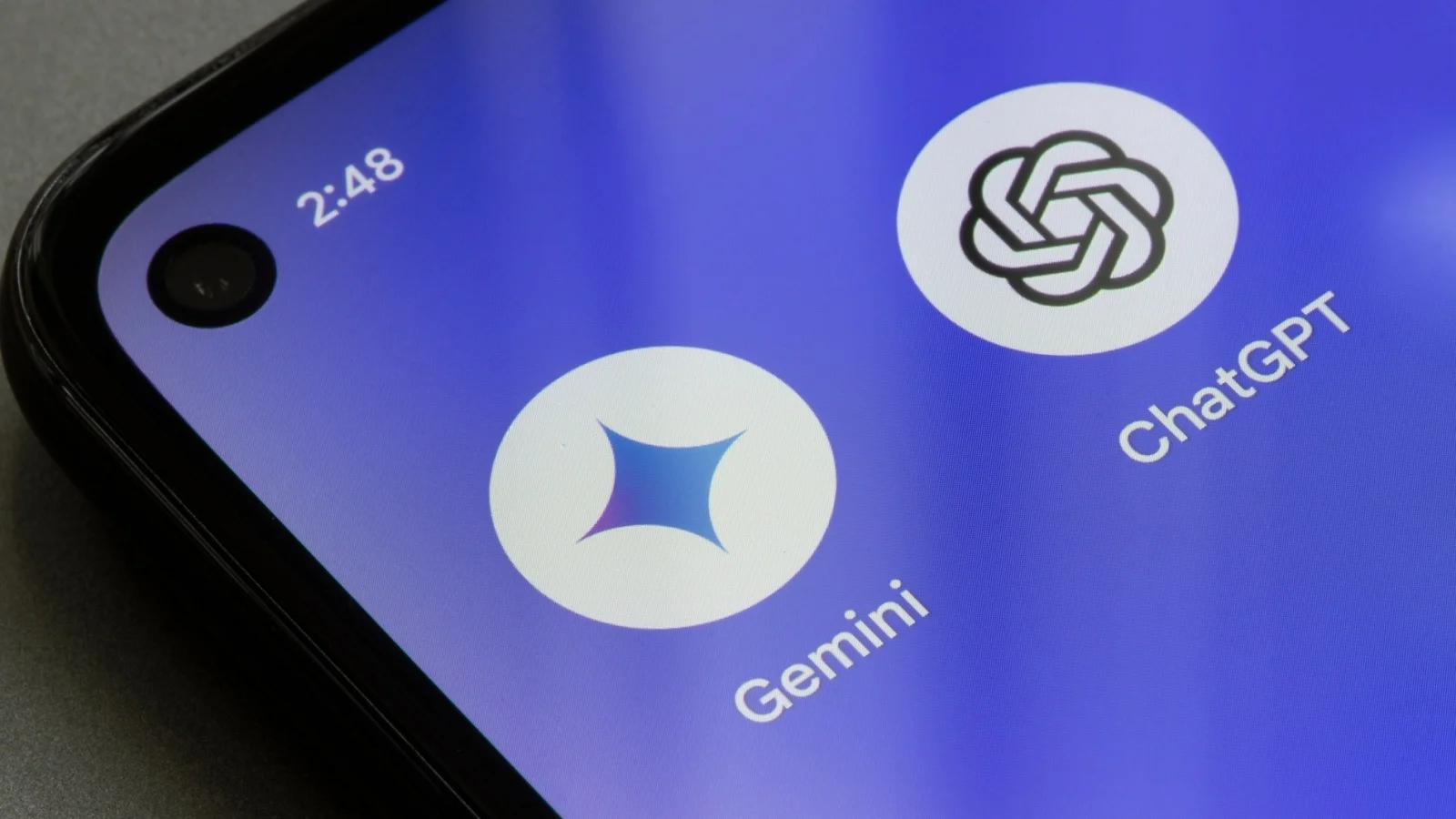Microsoft's Internal Emails Reveal Concerns Over Google's AI Advancements

Internal emails from 2019 between Microsoft CEO Satya Nadella, Bill Gates, and CTO Kevin Scott reveal significant concerns about Microsoft's position in the AI and machine learning landscape compared to Google. These emails, made public as part of the ongoing US Department of Justice antitrust lawsuit against Google, shed light on Microsoft's strategic decision to invest heavily in OpenAI.
In the emails, Microsoft CTO Kevin Scott expressed worry about the company's ability to replicate Google's AI tech, especially in natural language processing (NLP). Scott admitted to initially being dismissive of Google's efforts but later realized the gravity of the situation. "When they took all of the infrastructure that they had built to build [natural language processing] models that we couldn't easily replicate, I started taking things more seriously," he wrote.
Scott pointed out Microsoft's struggles with the BERT deep-learning model due to infrastructure constraints, while Google was able to move on to larger, more sophisticated models. He also highlighted Google's "scarily good" Gmail auto-complete feature as evidence of their advanced AI capabilities.
The CTO also noted that Microsoft's deep learning teams working on AI were "very small" and that Microsoft was "multiple years behind the competition" due to a lack of investment and resources in AI research and development.
These revelations come at a time when Microsoft is making significant investments in OpenAI, with a reported $10 billion investment in 2019. The emails suggest that Microsoft's decision to invest in OpenAI was driven by a recognition of the need to catch up to competitors like Google in the AI field.
The internal emails, which include large blocks of redacted content, were made public this week as part of the ongoing antitrust lawsuit against Google. The New York Times previously reported that Google had tried to keep documents pertaining to the trial a secret, but the judge in the case ruled last year that the DOJ could publicize some case files. Last week, media outlets pushed for the release of the 2019 emails, and the judge allowed it because they "shed light on Google's defense concerning relative investments by Google and Microsoft in search," Bloomberg reports.
Microsoft's concerns about Google's AI advancements underscore the competitive dynamics in the technology industry and the importance of investing in AI research and development to remain at the forefront of innovation.